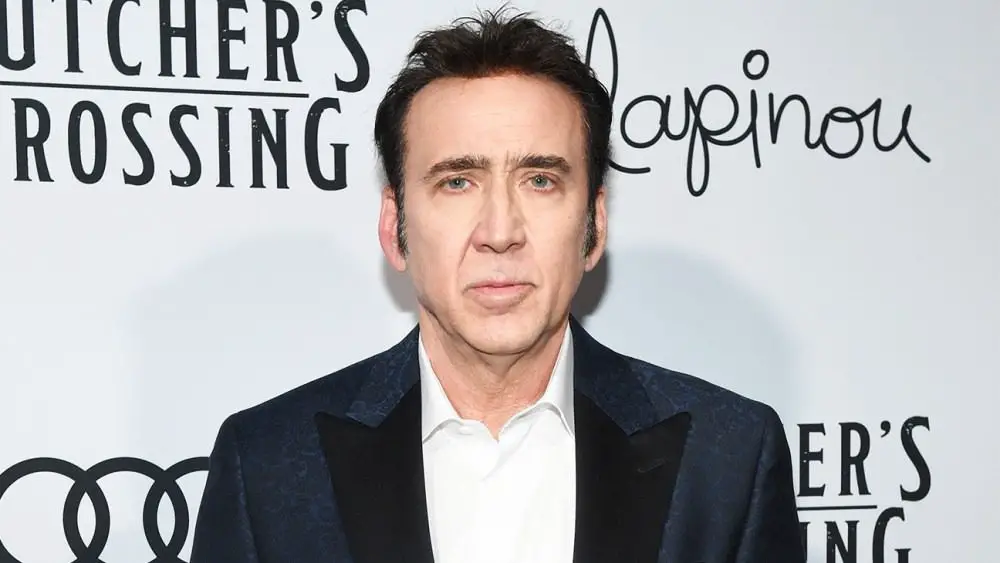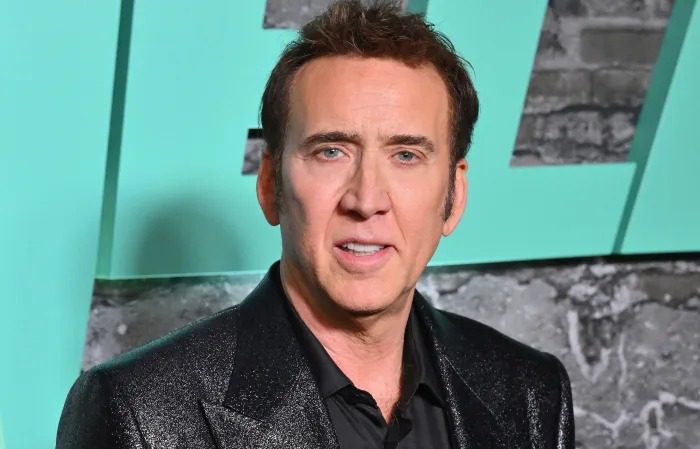In a recent spate of interviews, veteran actor Nicolas Cage opened up about an unexpected facet of his modern-day fame: his unintended status as an internet meme. Known for his passionate and often unconventional portrayals on screen, Cage has become a favorite subject of humorous online memes, which use his expressive facial expressions and dramatic scenes to comedic effect. Yet, this digital caricature was never part of the plan for Cage, who entered the film industry driven by a profound appreciation for the art of acting.
“I didn’t get into movies to become a meme,” Cage reflected, expressing a sentiment that many might find relatable in today’s digital age where a single moment can catapult one into unexpected internet stardom. He further elaborated that initially, the memes were a new and challenging terrain to navigate. While he’s made peace with this aspect of his modern identity, it was undoubtedly an adjustment for the seasoned actor. The digital mimicry was not something he had control over, and it brought along a sense of loss over how the audience perceives his body of work. He hoped that perhaps the memes would encourage individuals to delve into his filmography, but the lack of control over his online image remained a concern.
Bridging the Digital Divide: Cage’s Hope for Meme-Led Film Exploration

Nicolas Cage’s statement reflects a larger narrative prevalent in today’s celebrity culture where the internet often dictates the public persona of individuals, sometimes overshadowing their actual accomplishments. Cage hoped that the humor derived from memes might serve as a pathway for audiences to engage with his extensive and diverse filmography. The notion was that the memes could act as a catalyst, compelling viewers to explore the depth and breadth of his roles over the decades. However, the uncontrollable nature of internet memes represents a double-edged sword, offering both exposure and misrepresentation in equal measure.
His candid acknowledgment of the meme phenomenon and its impact on his career unveils the complex dynamics between modern-day internet culture and the personal and professional lives of individuals in the public eye. The memeification of Nicolas Cage serves as a case study in how digital culture can both celebrate and caricaturize individuals, sometimes in ways that are far removed from their original intent or control. Through this lens, Cage’s narrative is not just a personal reflection but a commentary on the broader digital landscape and its interaction with modern celebrity culture.


